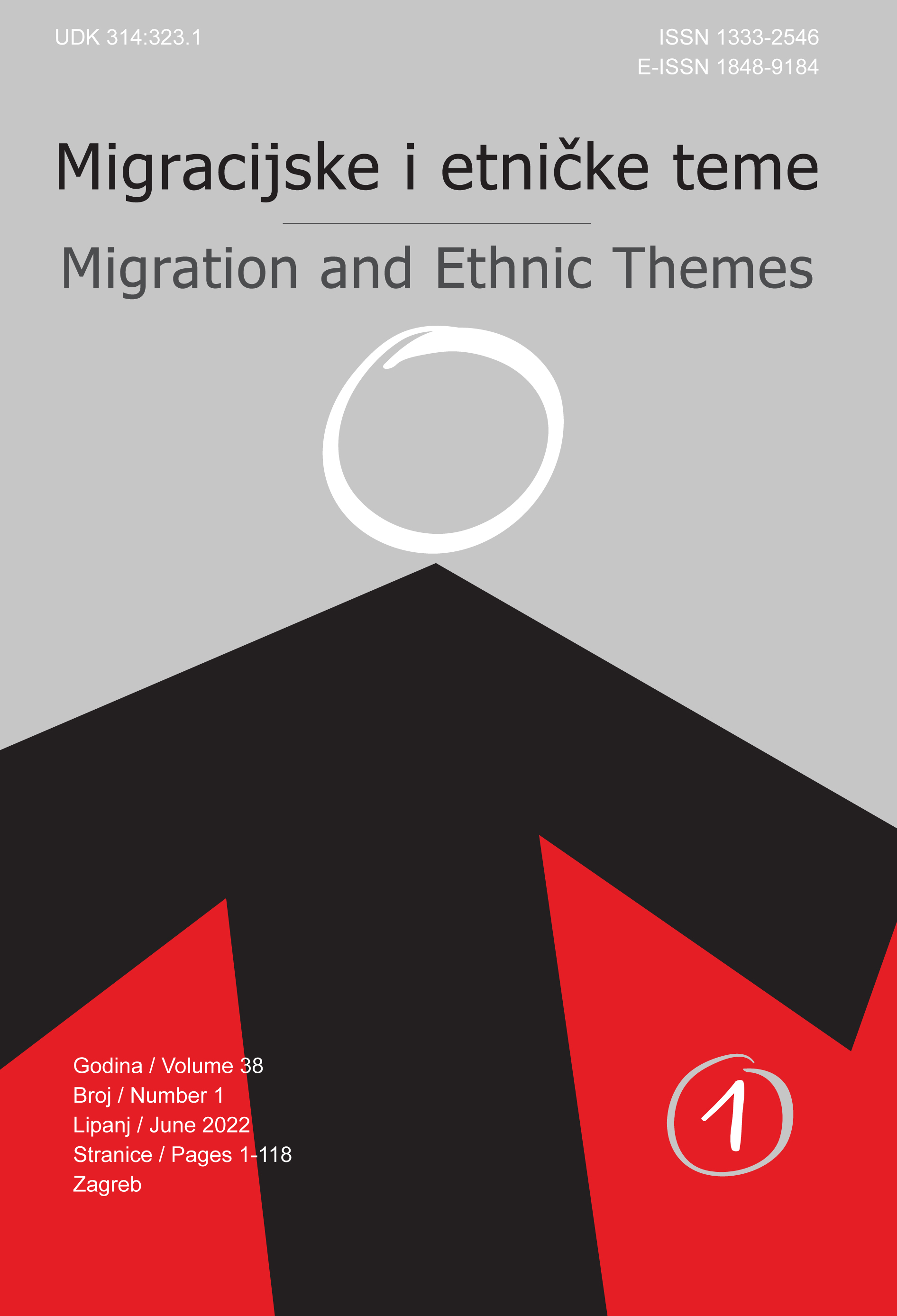Analiza korištenja aktivnog i pasivnog biračkog prava pripadnika nacionalnih manjina u Hrvatskoj: primjer izbora za vijeća i predstavnike nacionalnih manjina 2015. i 2019. godine
Analysis of Active and Passive Voting Rights Use by Members of National Minorities in Croatia: Example of the Election of Councils and Representatives of National Minorities in 2015 and 2019
Author(s): Barbara MašićSubject(s): Electoral systems, Ethnic Minorities Studies, Politics and Identity
Published by: Institut za migracije i narodnosti
Keywords: national minorities; national minority councils; Election of Councils and Representatives of National Minorities; voter turnout; funding of political activities of national minority councils;
Summary/Abstract: The basic law governing minority rights in the Republic of Croatia was adopted by The Constitutional Act on the Rights of National Minorities (CARNM) in 2002. Among other things, it provides for the election of representatives of members of national minorities in accordance with a special election act. The unified election act – Act on the Election of Councils and Representatives of National Minorities (AECRNM), which regulates the election of members of national minority councils and representatives of national minorities in local and regional self-government units, entered into force on 14 March 2019, 17 years after the adoption of the CARNM. The first elections held under the provisions of that act were the elections of representatives and members of Councils of National Minorities, held in 2019, on 5 May (first round) and 19 May (second round). The 2019 elections went unnoticed by the Croatian press, with the exception of the involvement of some local media in areas with a larger population of members of national minorities. Apart from invisibility, another problem of the 2019 elections was the low voter turnout, from 10 to 24 percent, depending on the level of the self-government unit at which the elections were held. The empirical analysis of election results and Government Reports on the implementation of the CARNM seeks to answer the questions of the extent to which national minorities were politically active in the previous election cycle (2015–2019) and whether more generous funding of political activities affects voter turnout. The evaluation of the results is also an answer to the question of whether the adoption of the new act is a step forward in promoting the political rights of national minorities in Croatia and a guide for election participants to prepare activities for the new election cycle.
Journal: Migracijske i etničke teme
- Issue Year: 2022
- Issue No: 1
- Page Range: 73-106
- Page Count: 34
- Language: Croatian

